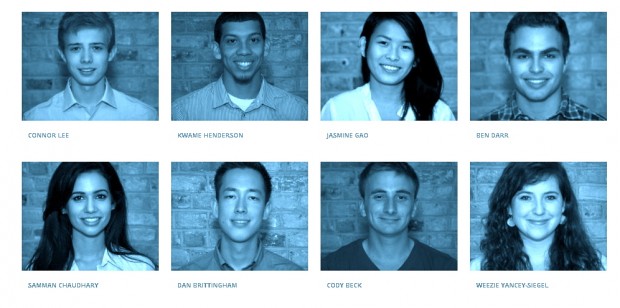Going to college used to be the prescribed path to success, but today, students are considering different options. The cost of a college education is soaring and many students are graduating with tens of thousands of dollars in debt. One response to the high cost of secondary education are Massive Open Online Courses (MOOCs) offered by companies like Coursera or edX that offer free online courses taught by well-known professors, but the jury is still out on how employers will view qualifications from MOOCs.
Students are now considering whether work experience should come even before college education. What if applicants already had a solid footing in the industries they hope to enter? That’s the mission of Enstitute, a New York City-based non-profit that's promoting the idea of learning by doing.
Co-founder Kane Sarhan developed Enstitute based on his personal experiences in college and in apprenticeships. He was a high achiever in university, but never felt very connected to what he studied until he started getting real-world experience through internships. Suddenly, the marketing terms used in class became relevant and there was a reason to understand them. His apprenticeships helped him get real-world job experience that he parlayed into a first job with more responsibility and higher pay than some of his peers who had graduated from top universities.
His friends started coming to him asking for advice and he tried to help them out by connecting them to entrepreneurs in his circle. The hunger for those connections, for real skills and practical experience, was so strong that Sarhan decided to institutionalize the apprenticeship experience.
“We sat down with about a dozen HR departments before we started the program and they said the traditional indicators that they use for recruiting are starting to fail,” Sarhan said. Hiring managers saw promise in Enstitute because new employees would come to them with practical skills – they wouldn’t have to spend valuable time retraining even the smartest entry-level applicant.


